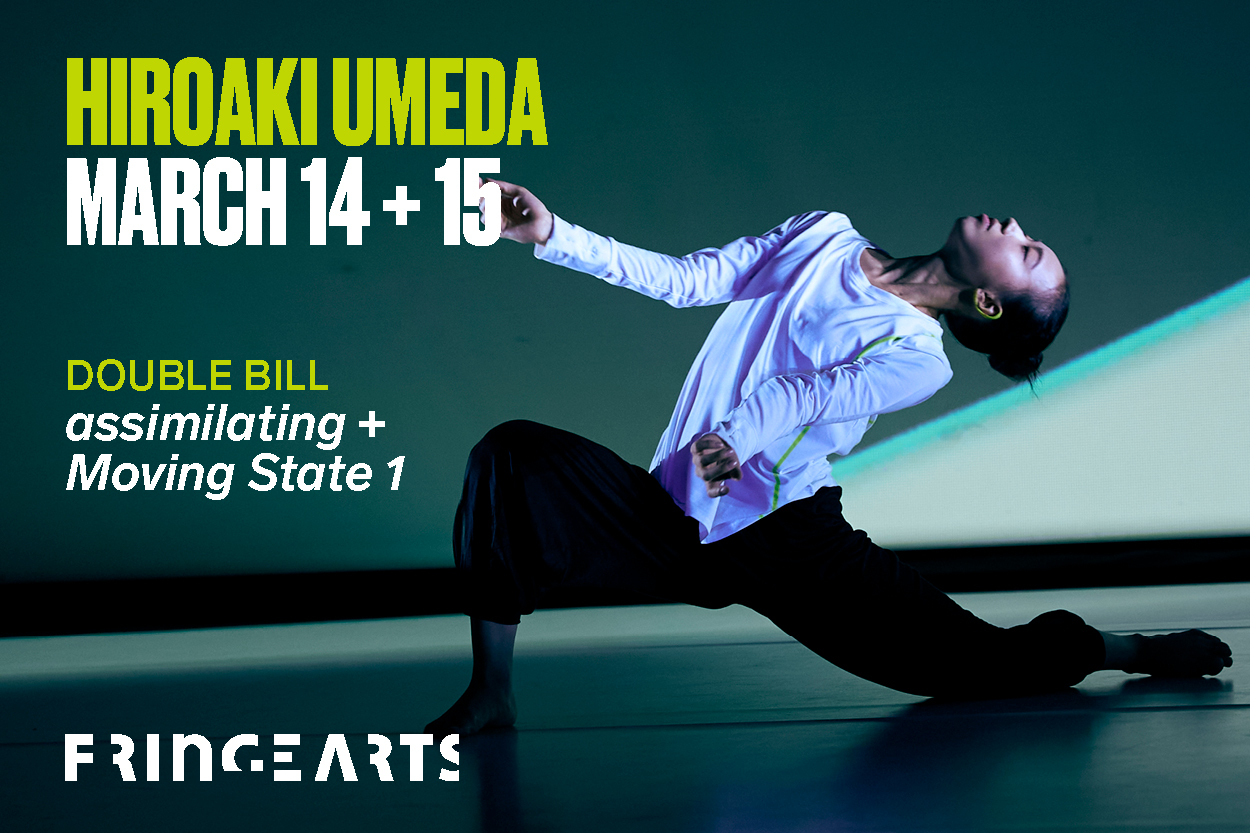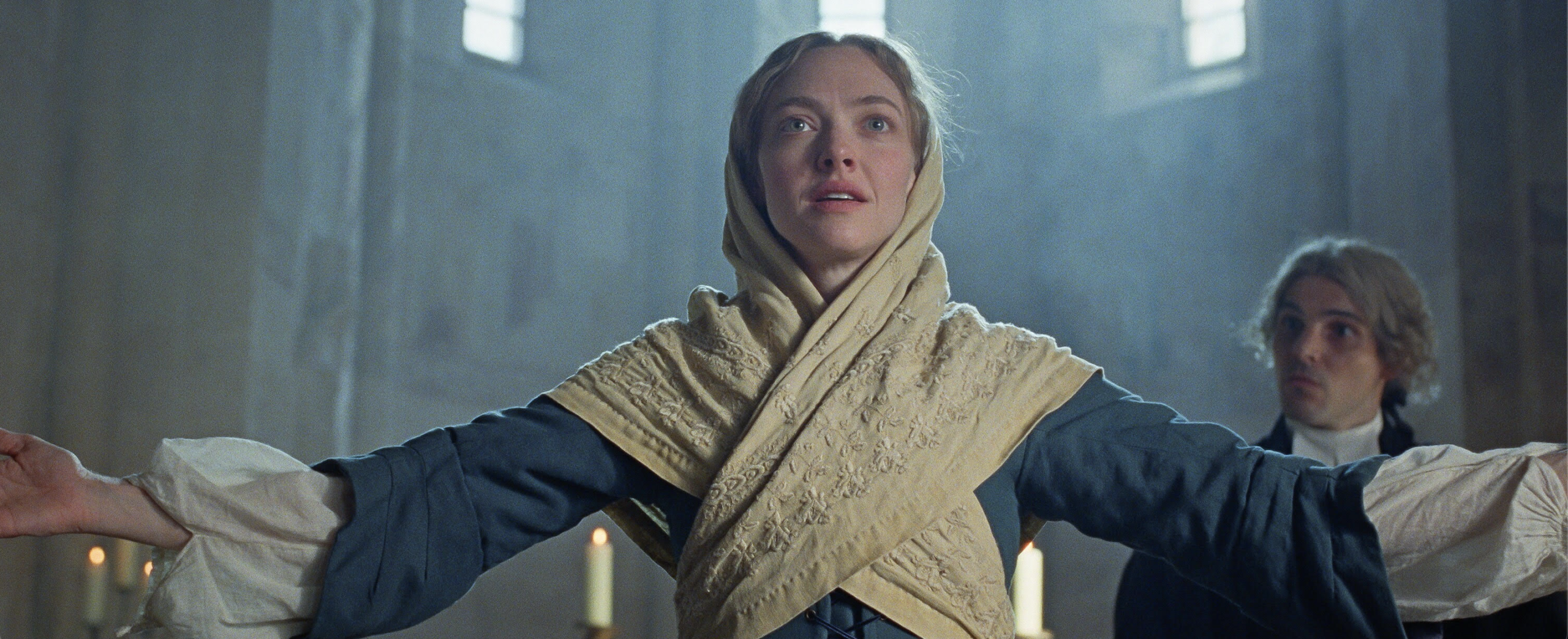This is Part 2 of this series. Read Part 1: Honor the Dancestry on thINKingDANCE.
You Are What You Eat
Consumeristic Palestinian allyship on a corporate level means following the BDS Movement (Boycott, Divestment, Sanctions) and avoiding products that fund the Israeli occupation. Modeled on the effective South African cultural boycott, Palestinians in Palestine and throughout the diaspora have asked the international community to participate in this boycott as many Palestinians cannot do so voluntarily. BDS explains that while “virtually all Israeli companies are complicit to some degree in Israel’s system of occupation and apartheid, we focus our boycotts on a small number of companies and products for maximum impact. We focus on companies that play a clear and direct role in Israel’s crimes…” As artists who aim to stand in solidarity with marginalized and indigenous people in the United States and abroad, we can participate in the BDS Movement through careful consumption of goods, including “dance staples” (i.e., avoiding stage makeup from apartheid-supporting brands like L’Oreal and Ahava.)
You Are What You’re Fed
Another form of Israeli-inflicted oppression is artwashing, which occurs when companies or countries use art to cover up a bad public image (as is the case with Brand Israel.) Brand Israel is a campaign run by the Israeli government to improve Israel’s appearance abroad. They are also responsible for propaganda ranging from pinkwashing to normalization projects. Many dancers and colleagues have been brainwashed to unquestionably champion Israel in response to the media’s support and biased narrative.
I have been living in New York City for less than a year and I have been told three times by Zionist institutions that I am forbidden from revealing my Arab identity because of propaganda equating Anti-Zionism to Anti-Semitism and distorted narratives that villainize Palestinians and Arabs as a homogenous grouping of Islamic terrorists. Similarly, like many Arab dancers, I am often asked by westerners how I am permitted to dance given the media backs false narratives suggesting Palestinians/Arabs are forbidden to dance because of their “primitive religious beliefs.” As a dance community, we need to discourage stereotypes and perform ample research before buying into such narratives.
You Are Who You Support
BDS extends its boycott to artists who perform in Israel. This is not to say all Israeli artists should be boycotted; instead, it asks Israeli artists who oppose its government to “cancel a performance in Tel Aviv and to refrain from otherwise lending their names to whitewash Israeli apartheid.”
Since the BDS movement focuses on a small number of large corporations, there is not a niche version for dance consumers. That doesn’t mean we cannot create a system modeled off it by insisting dance consumption amplifies Palestinian voices. We need to boycott companies that readily accept Israeli funding like Batsheva, Yasmeen Godder, Vertigo Dance Company, and Kibbutz. Batsheva now (and under Ohad Naharin’s direction) is funded by the Israeli government, has no dancers of Arab ancestry, and states it is “proud to be considered Israel’s leading ambassador.” The Ministry of Culture has funded Yasmeen Godder’s work since 2006 (a ministry flouted for its right-winged beliefs, racism, and suppression toward Arab and Palestinian people), Vertigo Dance Company is supported by the Ministries of Culture and Sports, Foreign Affairs, Tourism, Welfare and Social Services, and the Jerusalem Municipality, and Kibbutz receives their funding from the Ministry of Affairs, Sports and Culture, and in the past have worked with city consulates whose contracts state that “The service provider [in this case, KCDC] is aware that the purpose of ordering services from him is to promote the policy interests of the state of Israel via culture and art, including contributing to creating a positive image for Israel.” By supporting these organizations and artists, we give Israel the power to determine how the world sees them while they commit genocidal abuse.
You Are Where You (Voluntarily) Travel To
The Brand Israel Campaign aims to normalize and persuade the public that its actions and occupation are acceptable. BDS explains, “Israel uses performances by international artists as a stamp of approval for its regime of occupation, settler-colonialism, and apartheid. Irrespective of artists’ intentions, their performances are used to cover up Israel’s human rights violations….” Therefore, when American companies and individual artists are asked to tour Israel with government funding, they can simply say no to pressure the country to acknowledge and rectify their illegal and inhumane practices. The success achieved in the South African cultural boycott proves cultural boycotts are effective when performed collectively. Unlike the American art funding system, Israeli dance companies receive a much higher percentage of their revenue through the government so while the American government is systemically racist and deeply entrenched in oppression toward marginalized people, our major dance companies are not necessarily funded by that same structure and rely more on individual donors. While many feel that cultural boycotts limit dialogue, agreeing to collaborate with Israeli-funded projects normalizes the occupation.
As dance students, we should refuse to partake in the Israeli study abroad complex given that their programs are funded by efforts devised to cover up ethnic cleansing. Pressuring companies through a cultural boycott is only as effective as its ally’s participation, so we must be united in our refusal to collude with genocidal governments.
You Are Who You Do Not Support
Rather than spend money on classes or performances funded by apartheid as listed above, we can highlight Palestinian choreographers (Farah Saleh, Samar Haddad King, Leyya Mona Tawil, Khaled Elayyan) and companies (Yaa Samar! Dance Theatre, El-Funoun, Sareyyet Ramallah). Due to Israeli and American funding structures, Palestinian arts and culture groups are frequently targeted by Zionists and left with little to no budget. Their displacement prevents a central government from supporting any large arts organization and the few that operate on Palestinian land have been subjected to attacks, arrests, or complete destruction. During the First Intifada (a massive protest where Palestinians took to the streets to end Israeli Occupation), members of the Palestinian dabke company El-Funoun were arrested without charge, imprisoned, and subject to mental and physical torture. This initiated a series of attacks toward the company, with the latest occurring earlier this year. Other persecuted arts organizations include the raze of al-Meshal Foundation, arrests of the Yabous Cultural Center directors, and the bombing of Ismail Matar’s murals. Just as anti-semitic attacks should be met with indignation, attacks toward Palestinians should receive public outrage as well.
Reckoning with Our Gatekeepers
To dismantle these systems, we have to be more proactive in considering who controls the narrative. The dance world has long been populated by Zionists, a face of white supremacy that weaponizes religion to villainize black and brown bodies. Lincoln Kirstein was a significant financial supporter of the Zionist Movement, Anna Halprin met her husband in a Zionist club, and Sophie Maslow consistently created pieces that supported Israel without critique. Israeli-funded companies and large institutions like the Joyce Theatre (funded by the Consulate General in Israel) and Lincoln Center (who regularly engages with the Brand Israel campaign) have been in charge of what we see in the dance world. Dancers, directors, and choreographers need to pressure curators and presenters into challenging each other to become active allies devoted to transforming the field. We have been neglecting Israel’s indiscretions because they mirror America’s flawed history of systemic racism, genocidal actions toward indigenous people, and white supremacy. As dancers, we cannot fall prey to a false reality of another “supreme” state. We must wake up and recognize the omitted narratives our gatekeepers and dance lineage have fed us, question which narratives are left untold, and critique the stories that dominate our media.
Reckoning With Our Ghosts
In acknowledging our past we must also reckon with those we have failed in our pursuit of liberation. This past year, Palestinian dancer Ayman Safiah went missing in Haifa. His friends reported his disappearance, and the Israeli authorities asked if he was Arab or Jewish. Upon discovering he was an Arab, the Israeli government made little effort to search for him. Safiah’s body was eventually found, and his family organized a funeral, but due to Israeli occupation, residents of the West Bank were forbidden to attend. Because Safiah’s death was high-profile given his career, the government concocted an alternate narrative where Israelis courageously searched for his body and mourned the loss of a great “Israeli” dancer, only recognizing his worth posthumously. The American dance community was largely unphased.
I mention this to honor Safiah and to envision a future where the dance community is an active participant in the revolution to ensure lives are no longer lost, and inhumane actions are punished accordingly. It is about time we become proper allies to Palestinians because it’s the right thing to do. Every liberation movement is effectively linked and strengthened by collective identities focused on fighting oppression, and Palestinian liberation cannot be done without the help of a larger community of allies. We have the power to say no to Israeli-funded people and products, even if it comes at a professional cost. As movers and keepers of culture, we should be on the frontlines of the revolution by fighting alongside the Palestinian struggle. It’s time we rise up and speak out, telling politicians and oppressive regimes that if they continue down this path of supporting illegal occupations, they will continue without the support of creative and artistic voices. Let’s stop the empty rhetoric of “decolonize this” and “decolonize that,” and remember Palestinians who are too often forgotten by those who identify as progressives or woke. We have an opportunity to be better — imagine a liberated future and create that future together. Let’s take a stand here and now. Yalla! Let’s go.






